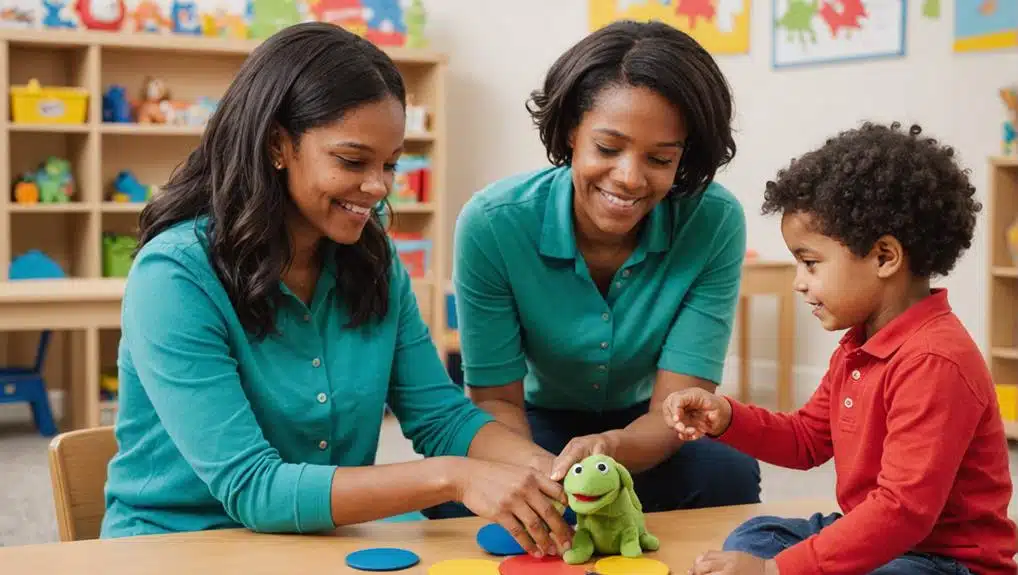A pediatric psychiatrist can evaluate and treat conditions such as ADHD, anxiety, depression, OCD, and mood disorders in children. These specialists complete training in both general psychiatry and child psychiatry, equipping them with expertise in how mental health issues develop during various stages of growth. Here are a few reasons why understanding the role of a pediatric psychiatrist helps healthcare providers make appropriate referrals and coordinate patient care:
Defining the Role of a Pediatric Psychiatrist
A pediatric psychiatrist holds a medical degree and completes residency training in both general psychiatry and child psychiatry. This advanced training allows them to prescribe medication and provide comprehensive mental health care. Their dual certification equips them to evaluate, diagnose, and treat conditions such as ADHD, anxiety, depression, OCD, and mood disorders in children.
Their practice involves conducting comprehensive psychiatric evaluations to understand each child’s needs. They develop individualized treatment plans that can combine therapy and medication management, tailored to the patient’s developmental stage. Unlike therapists or counselors, these specialists can prescribe and adjust medications to support children’s mental health effectively.
Supporting Emotional and Behavioral Development
Specialists trained in child psychiatry understand how conditions present in younger patients. They tailor interventions to the patient’s age and developmental stage, using clinical evaluations and evidence-based strategies. Treatment plans may include therapy, medication management, and ongoing monitoring to support progress. These professionals also guide families in understanding conditions, supporting emotional growth, and creating environments that promote healthy development, helping caregivers make informed decisions while managing symptoms effectively.
Assessing and Managing Common Mental Health Conditions
When patients are referred for child psychiatric care, specialists conduct assessments beyond symptom checklists. These assessments may include:
- Developmental histories
- Family mental health backgrounds
- School performance
- Observations of parent-child interactions
Common conditions treated may include ADHD, anxiety disorders, depression, OCD, and other mood-related issues. Clinicians address cases where multiple factors influence symptoms and treatment needs. Treatment plans combine approaches such as medication management and coordination with therapists, school counselors, and other professionals. Medication effects are monitored carefully, with adjustments made as children grow and develop.
Collaborating with Families and Educational Teams
Child psychiatrists may implement collaboration with families, schools, and healthcare providers. Specialists work with parents and caregivers to support treatment goals at home and guide responses to behavioral challenges. They communicate with teachers, counselors, and special education teams to create accommodations, including 504 plans or IEP adjustments, and share updates on treatment progress, medication effects, and any health concerns.
Guiding Referrals and Early Interventions
Knowing when to refer patients for child psychiatric care can influence outcomes. Early intervention often improves long-term prognosis. Signs that may prompt consultation include persistent mood changes, significant behavioral disruptions, declining academic performance without a medical cause, or concerning statements about self-harm. Providing background on symptom duration, observed triggers, previous interventions, and relevant medical history helps specialists prioritize cases and prepare for evaluations.
Maintaining communication after a referral supports ongoing patient care. Sharing updates on physical health changes, medication effects, or new concerns allows providers to adjust treatment plans as needed. Coordinating with all members of the healthcare team helps in promoting continuity and comprehensive care for the patient.
Building Stronger Care Networks for Young Patients
Timely referrals for child psychiatric care can improve outcomes and support long-term well-being. By providing background information and maintaining contact with the mental health provider, you help coordinate care and enable effective adjustments to be made in treatment. Observing changes in symptoms or the effects of medication provides specialists with the information they need to respond promptly. If concerns arise, reach out to a qualified child mental health professional to discuss options and next steps.

